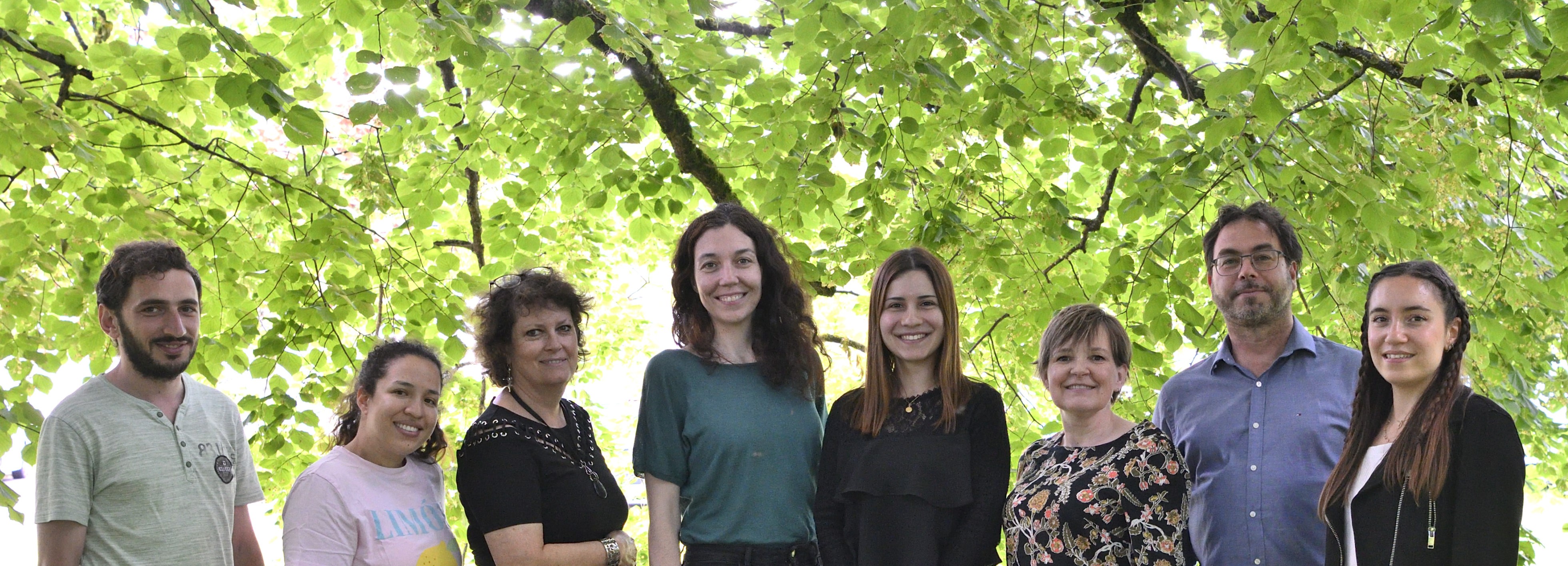Team CEP
Culture Expertise Perception
Research
The team CEP brings together expertise in cognitive psychology, sensory evaluation and anthropology, and is interested in the mechanisms involved in the perception, categorization and choice of food and beverages by consumers, notably under the effect of experience linked to the social and cultural environment.
In particular, the team is interested in how these phenomena evolve in a context of food transition, leading to the emergence of new food categories (plant-based proteins, natural wines, meat substitutes, etc.).
Particular attention is paid to understanding the holistic processing of chemosensory information, involving different sensory modalities as well as internal (physiological and emotional state) and external (physical and social environment) context. This integration gives rise to complex representations that modulate the perception of external signals and responses to them.
We also study consumers' practices, attitudes, and beliefs towards food, using psychological and anthropological approaches, which allow us to take into account the role of cultural factors and social interactions in food perception.
More specifically, our current research themes are :
- Effect of expertise on food and beverage categorization.
- The effect of context on food and beverage perception (cross-modal perception, semantic and perceptual effects, immersion quality).
- Measuring emotional reactions associated with food consumption by implicit methods using AI.
- Effect of culture on the representation of ill-defined food-related concepts (minerality, sustainability, level of processing)
- Effect of information and awareness campaigns on consumer food choices (plant-based proteins, use of salt, additive-free wine, etc.).
Key words
Team

Team leader
Jordi Ballester, associate professor UB
Team members
Catherine DACREMONT (PhD), Full Professor IAD
Gaëlle ARVISENET (PhD), Full Professor IAD
Emmanuelle RICAUD-ONETO (PhD), Associate Professor IAD
Lucas PUTGNY, Technical staff IAD
Juliana MELENDREZ-RUIZ, (CPJ IAD)
Solène LEPRINCE (post-doc)
Samvel NAZARIAN, (post-doc)
Oriane CHENE, (PhD student)
Jessy YOUSSEF, (PhD student)
Maria Clara DUARTE OLIVEIRA, graduate student

